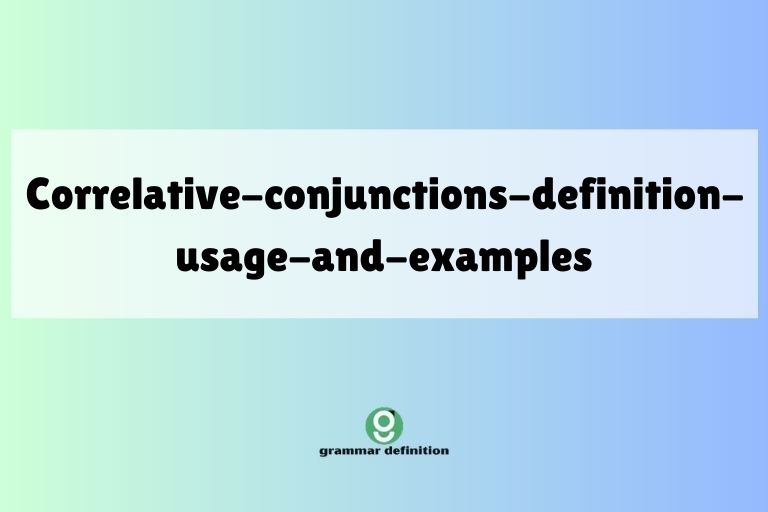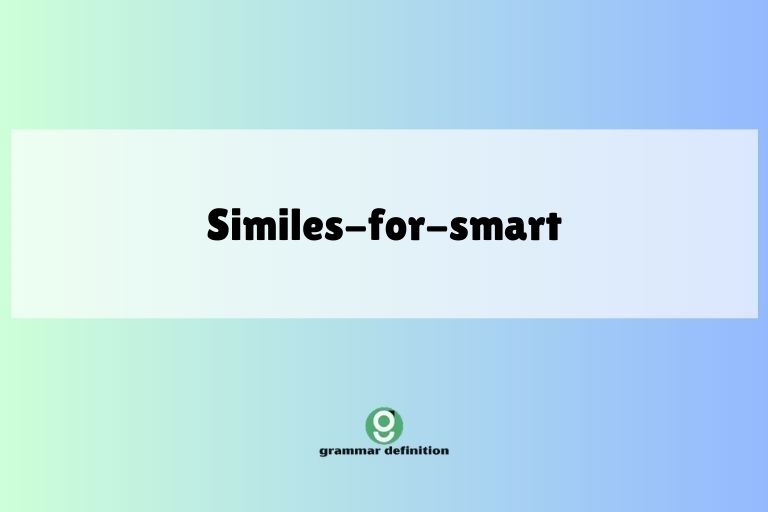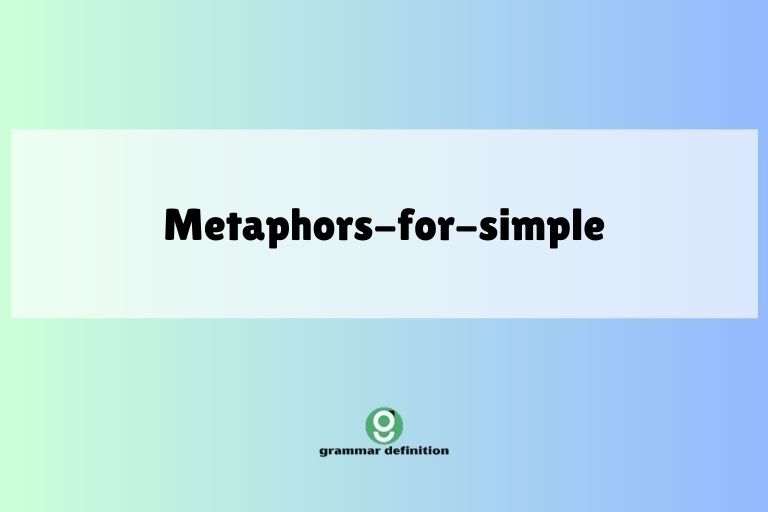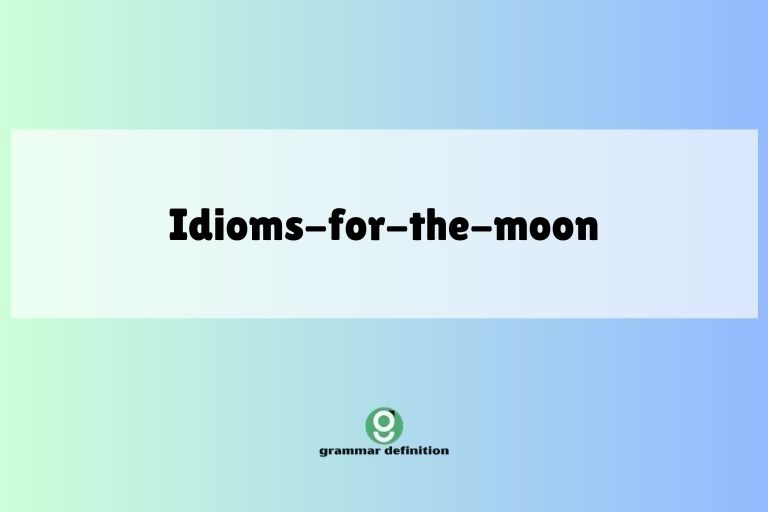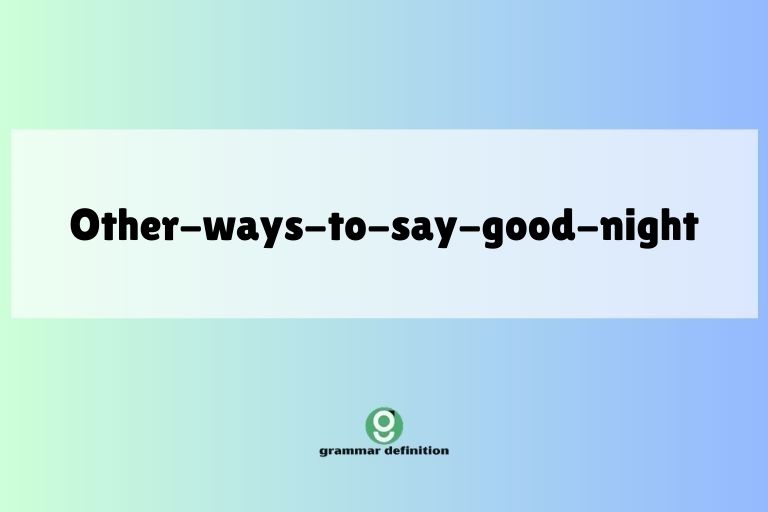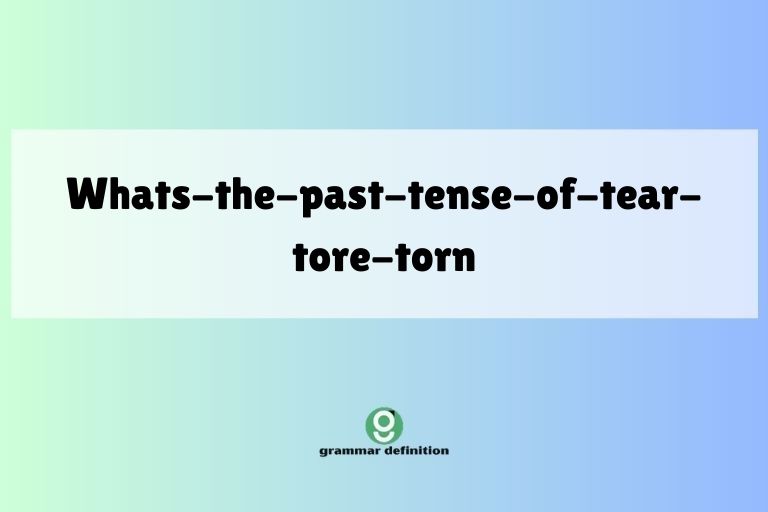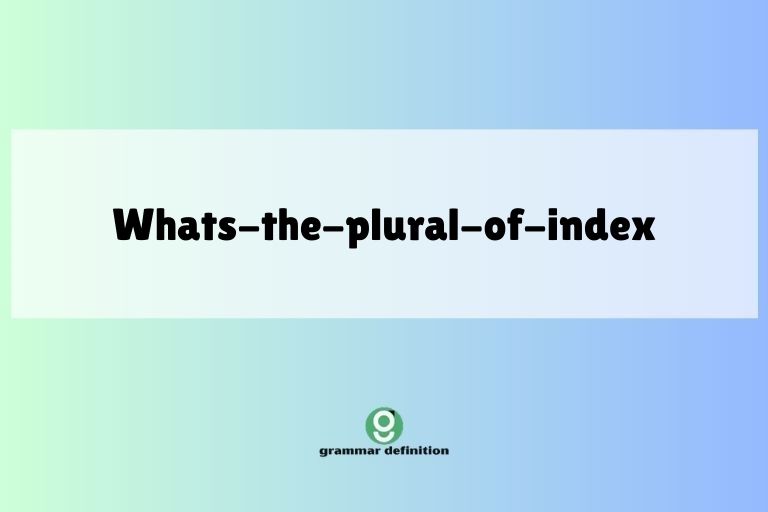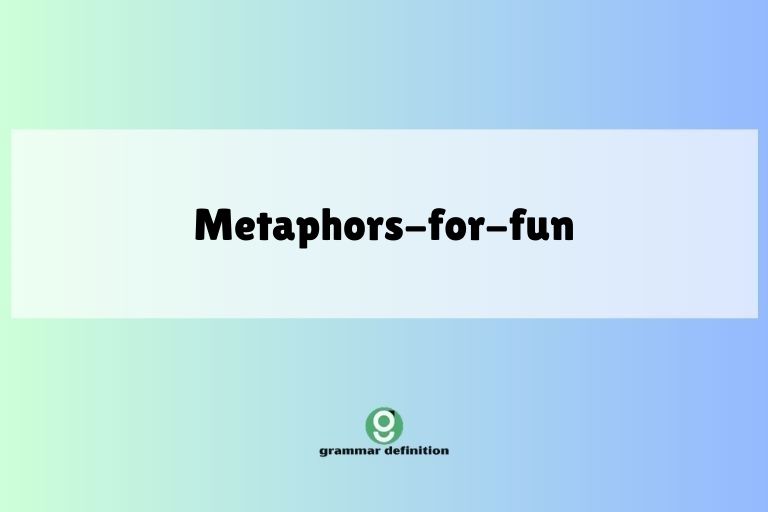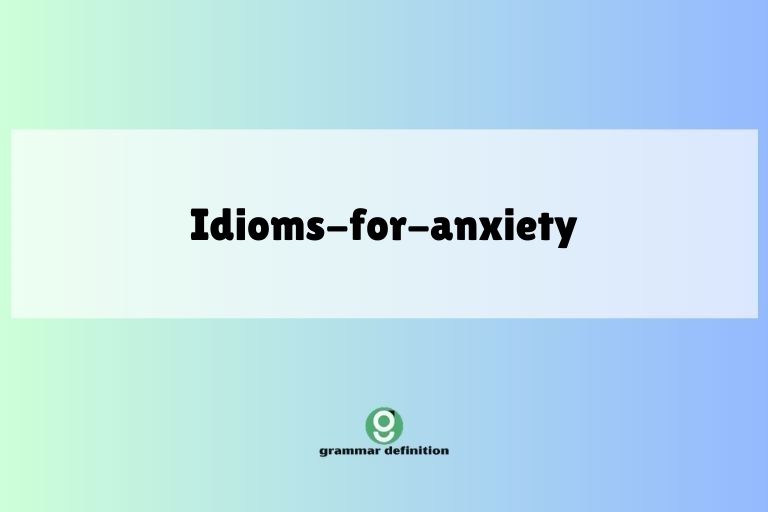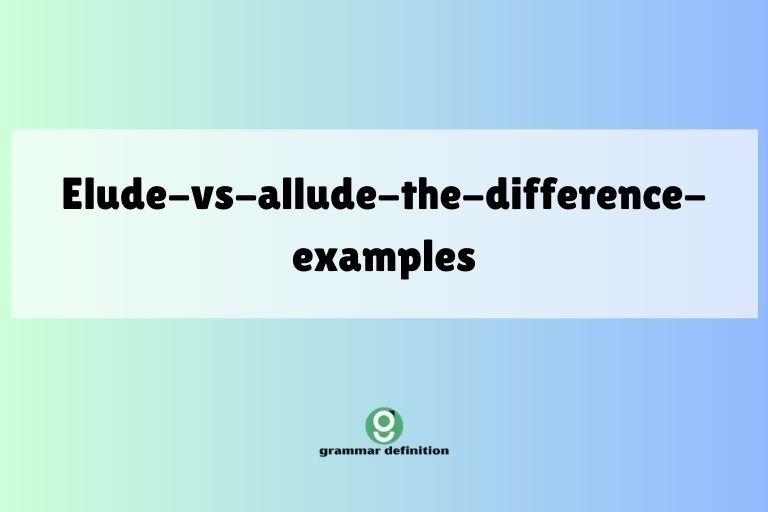Mastering Correlative Conjunctions: Definition, Usage, and Examples
Correlative conjunctions are powerful tools in the English language that connect equal grammatical elements, enhancing clarity and balance in sentences. Understanding how to use them effectively is crucial for constructing sophisticated and coherent writing. This article provides a comprehensive guide to correlative conjunctions, covering their definition, structure, usage rules, common mistakes, and advanced applications. Whether … Read more

